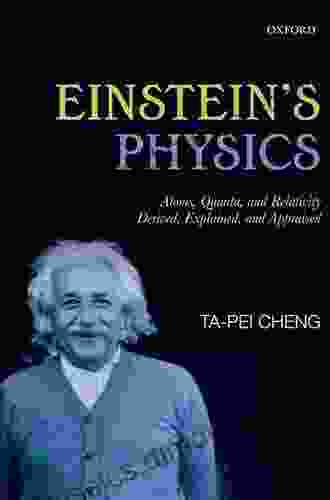Throughout history, brilliant minds have pushed the boundaries of human knowledge, making groundbreaking discoveries that have revolutionized our world. From the ancient Greek philosophers to the modern-day pioneers in science, these key scientists have left an indelible mark on our collective understanding of the universe.
5 out of 5
| Language | : | English |
| File size | : | 2483 KB |
| Print length | : | 56 pages |
| Lending | : | Enabled |
| Screen Reader | : | Supported |
Aristotle (384-322 BCE)
One of the earliest and most influential scientists, Aristotle made significant contributions to fields such as biology, physics, and philosophy. His observations and writings on scientific topics shaped scientific thought for centuries and laid the foundation for much of modern science.
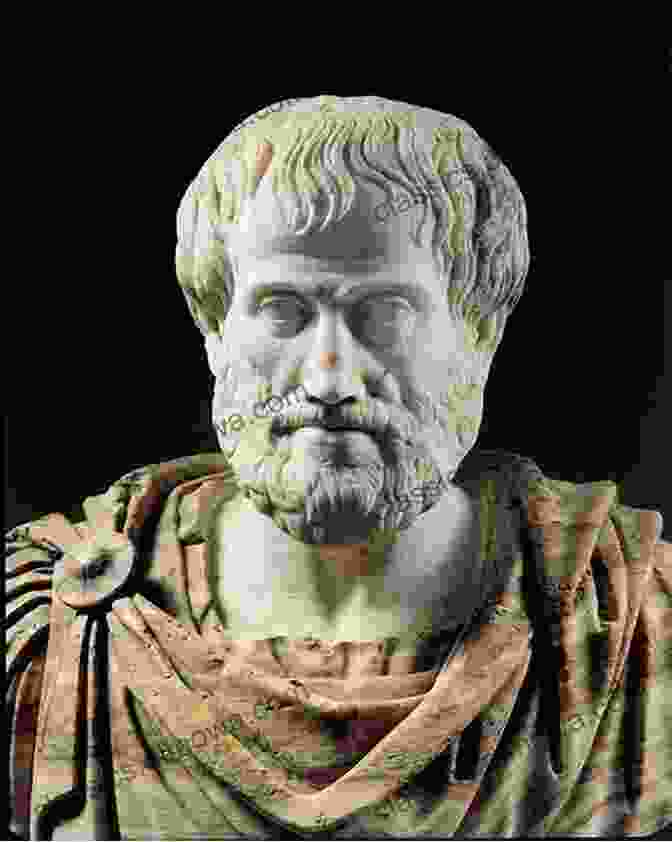
Galileo Galilei (1564-1642)
Galileo was a pioneering astronomer and physicist who challenged the prevailing geocentric model of the universe and provided strong evidence for Copernicus's heliocentric theory. His experiments on motion and gravity contributed significantly to the development of modern physics.
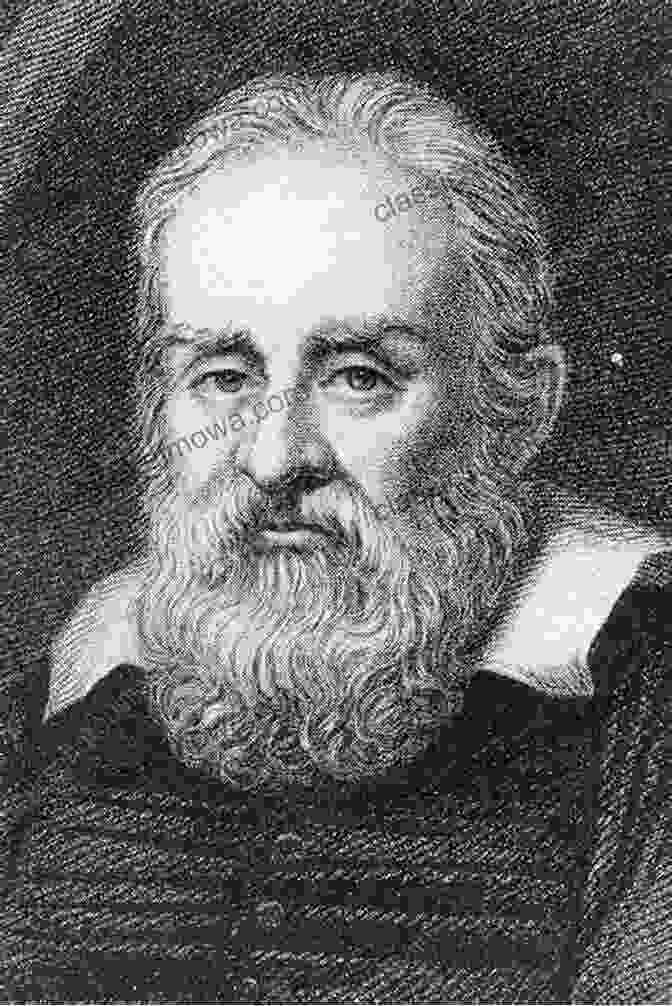
Isaac Newton (1643-1727)
Newton was a mathematician, physicist, and astronomer who made groundbreaking discoveries in various scientific fields. His laws of motion and universal gravitation revolutionized our understanding of the physical world, laying the foundation for classical mechanics.
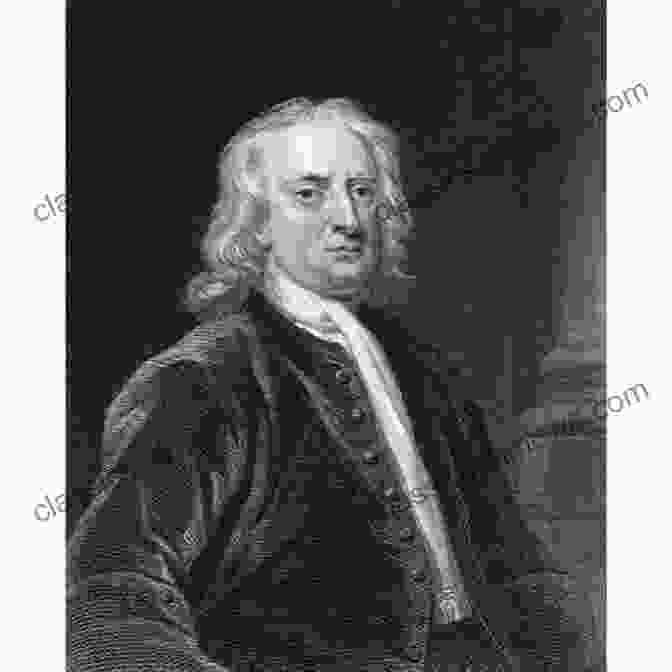
Marie Curie (1867-1934)
Marie Curie was a groundbreaking physicist and chemist who conducted pioneering research in radioactivity. Her discoveries of the elements polonium and radium earned her two Nobel Prizes, making her the first woman to win a Nobel Prize and the first person to win Nobel Prizes in multiple scientific fields.

Albert Einstein (1879-1955)
Einstein was a theoretical physicist whose groundbreaking work on relativity revolutionized our understanding of space, time, and gravity. His theory of general relativity is one of the cornerstones of modern physics.
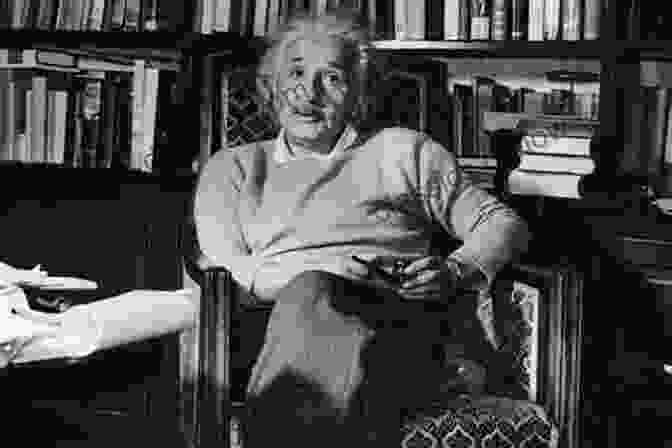
Rosalind Franklin (1920-1958)
Franklin was a British chemist and X-ray crystallographer who made significant contributions to our understanding of the structure of DNA. Her "Photo 51," a pivotal X-ray diffraction image of DNA, played a crucial role in James Watson and Francis Crick's discovery of the double helix structure.

Tim Berners-Lee (born 1955)
Berners-Lee is a British computer scientist who invented the World Wide Web (WWW) in 1989. His innovation revolutionized global communication and information sharing, making the internet accessible to the masses.

The lives and discoveries of these key scientists are a testament to the power of human curiosity and ingenuity. Their groundbreaking achievements have not only expanded our knowledge of the world but have also transformed our lives in countless ways. Their stories continue to inspire future generations of scientists to push the boundaries of scientific discovery and make their own mark on the world.































































